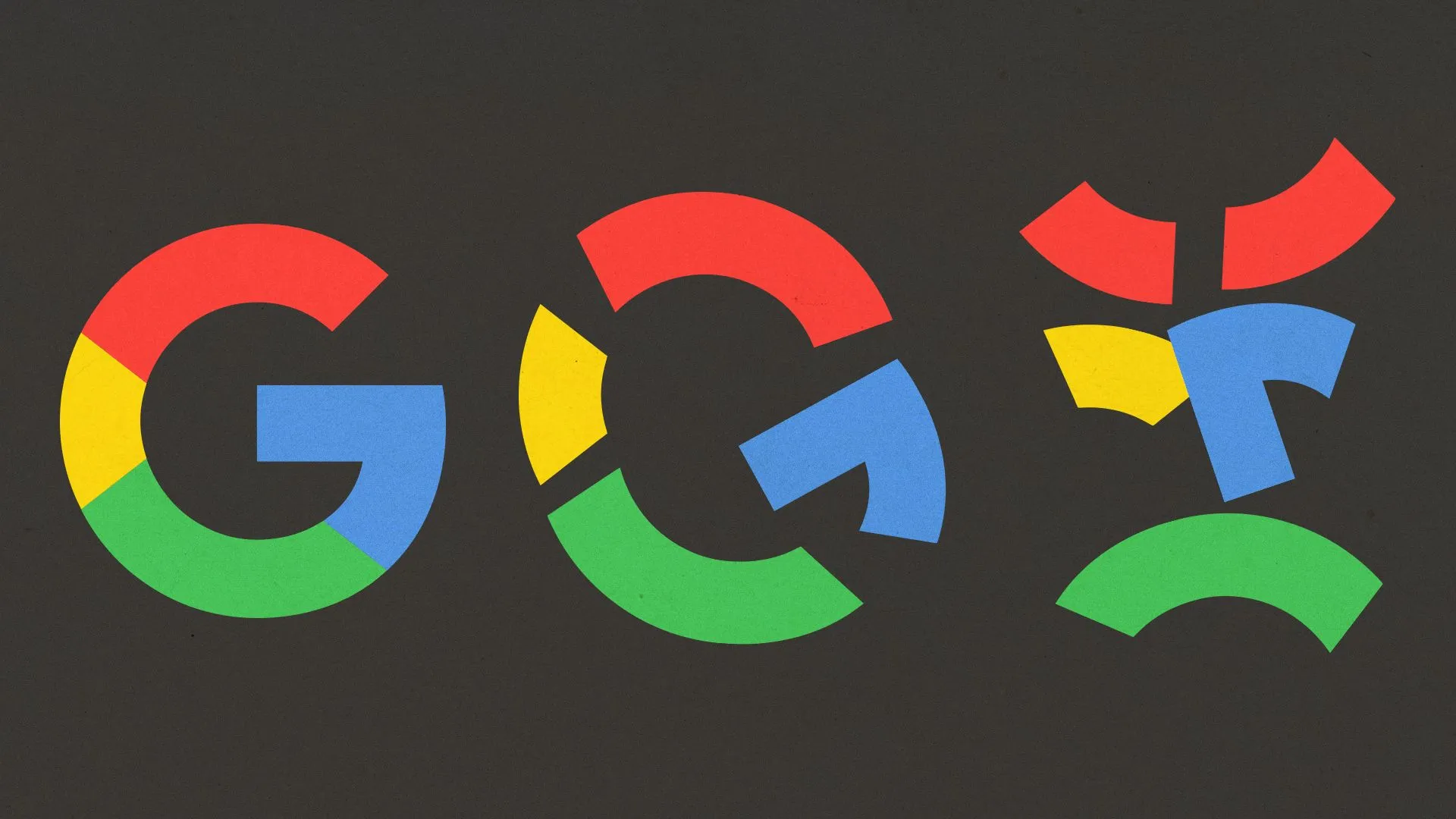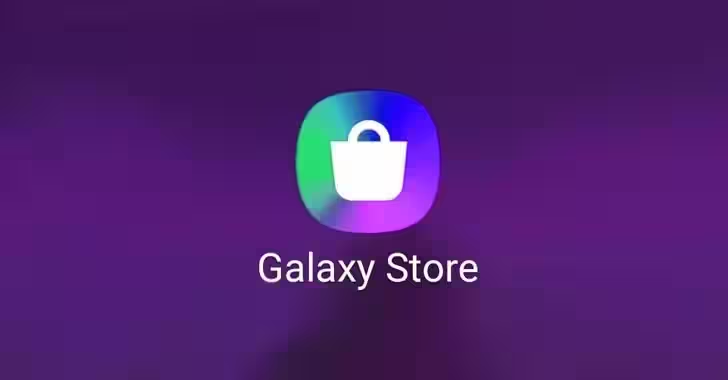The US Department of Justice is demanding that Google drop Chrome: what does it mean?

The U.S. Department of Justice (DOJ) intends to ask a court to order Google to sell its popular Chrome browser, Bloomberg reports. The ruling could be a significant test for antitrust policy under Donald Trump’s new presidency.
The decision could be a significant test for antitrust policy under Donald Trump’s new presidency.
Why it matters
.
The request to sell Chrome follows a court ruling three months ago that found Google guilty of violating antitrust laws to maintain its monopoly in the search market. The Justice Department has proposed selling the browser as a remedy.
Sell the browser as a means of remedying the situation.
Google has already announced its intention to appeal the decision, guaranteeing a protracted legal battle that will extend beyond Trump’s presidency. A final decision on the sale of Chrome is not expected to be made until next summer.
A final decision on the sale of Chrome is not expected until next summer.
Political Context
Trump’s antitrust policies
Donald Trump has long expressed antipathy toward Google. During his campaign, he threatened the company with legal action, and his nominee for attorney general, Matt Gaetz, is a proponent of breaking up large tech corporations.
And his nominee for attorney general, Matt Gaetz, is a proponent of breaking up large tech corporations.
On the other hand, Trump has pursued deregulatory policies that have helped garner financial support from Silicon Valley investors. The new crackdown on Google could signal a change of course.
A new crackdown on Google could signal a change of course.
Backstory of the case
.
The lawsuit dates back to Trump’s first term as president, but the demand to sell Chrome already comes from the Justice Department during Joe Biden’s presidency. This underscores how the current initiative crosses political administrations, adding continuity to U.S. antitrust policy.
And it’s a case that has been going on since Trump’s first term.
Why is Chrome so important to Google?”
.
Chrome is a key asset in Google’s ecosystem and plays an important role in its advertising business. The browser allows the company to collect data on user actions, which improves targeting of ads, Google’s main source of revenue. What’s more, Chrome is actively guiding users to the company’s AI product, Gemini, which has the potential to become a next-generation virtual assistant.
Crome is a key asset in Google’s advertising ecosystem.
Possible implications
- The sale of Chrome could change the market. Mandatory unbundling would force Google to rethink its advertising and technology strategy, affecting its monopoly position.
- Signal for Big Tech: The decision could cool tech giants’ appetite for new acquisitions, increasing attention to antitrust risks.
- Political Volatility: The decision may depend on the political will of future administrations, as the end of the process will likely occur under the next president.
Total
Google remains the fourth largest company in the world with a market capitalization of about $2.2 trillion. The sale of Chrome could be the biggest antitrust move in recent years, but implementation will require the coordination of two presidential administrations. This sweeping decision will not only shape Google’s future, but will also set an important precedent for Big Tech.
An important precedent for Big Tech.








